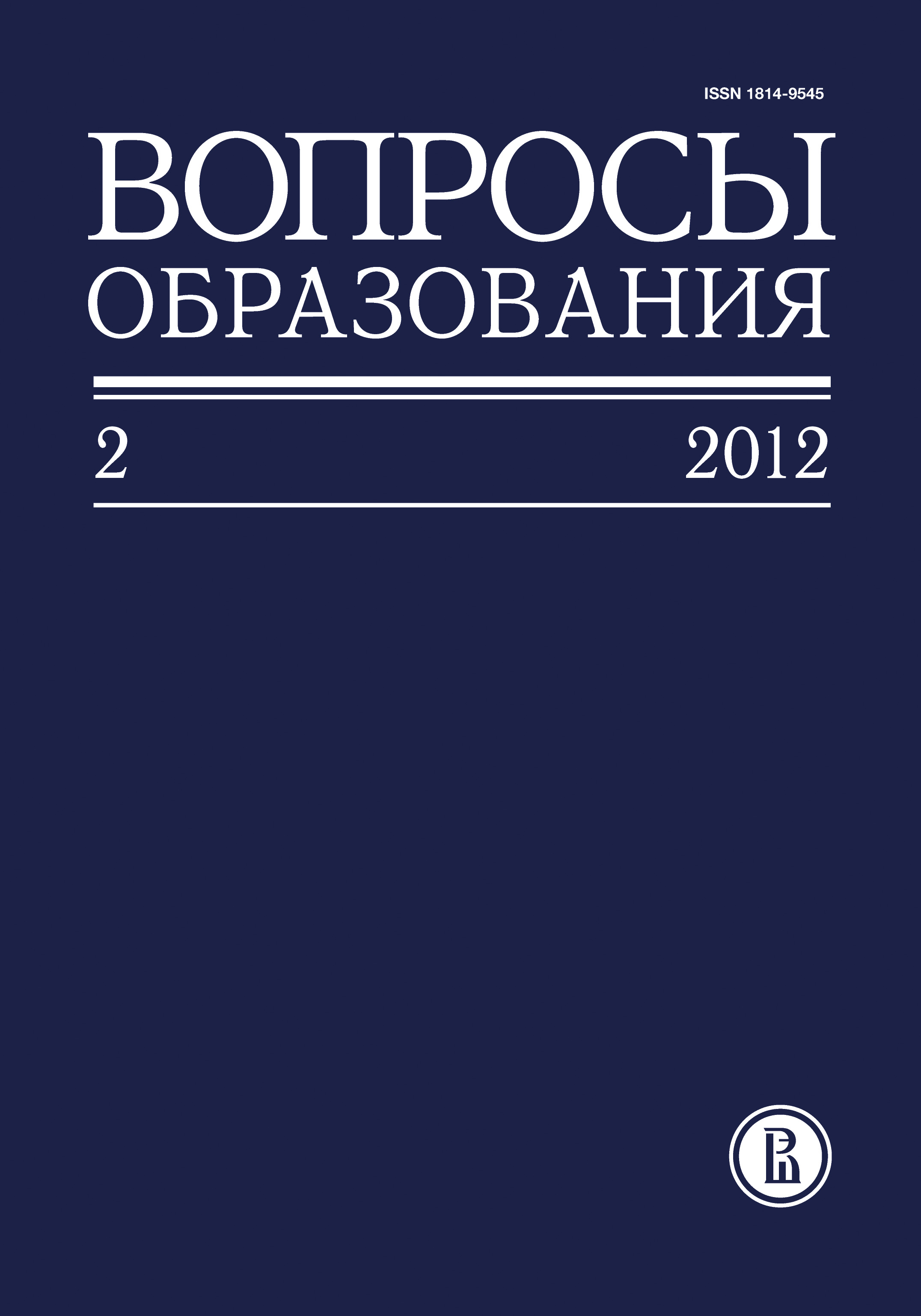Relationship Between Social Capital and Economic Behavior Patterns: A Cross-Cultural Analysis
Abstract
Aleksandr Tatarko, Psy.D., Associate Professor at the Department of Organizational Psychology, Faculty of Psychology, National Research University — Higher School of Economics, Moscow, Russian Federation. Email: atatarko@hse.ru
An empirical survey of Russians and North Caucasians (Chechens, Balkarians, Ossetians) has shown that social capital is related to the so-called productive economic behavior patterns. Thus, economic behavior of people who contribute a lot to social capital is more valuable for the society, too. Such people do not seek profits by unlawful means, as they are genuinely interested in economics and are more economically independent. This phenomenon is universal for representatives of both cultures surveyed.
Most relations between social capital and various economic behavior patterns differ in nature across the two cultural groups. Similarities are only found in the classical dimension of social capital, which is trust. Interpersonal trust in both groups is negatively related to the willingness to accept the behavior pattern of prioritizing profit over the law and to the emotional component of prioritizing the size of remuneration over creative thinking at work.
It has been found out that social capital prevents development of patterns of prioritizing profit over compliance with law and developing economic indifference in Russians. In Caucasians, social capital prevents developing economic paternalism (except for the intensiveness of civic identity).
An analysis of the differences revealed in economic behavior patterns of the groups allows to suggest that they are caused by cultural contrasts.









